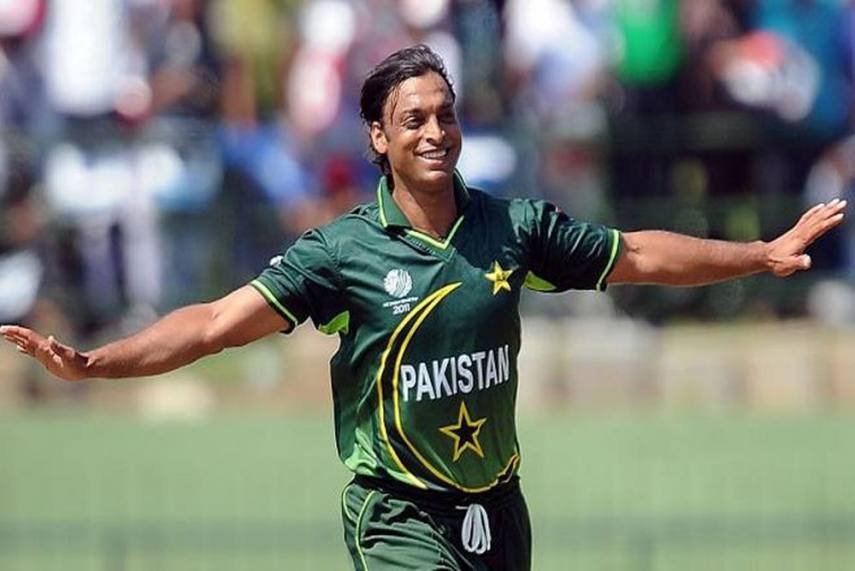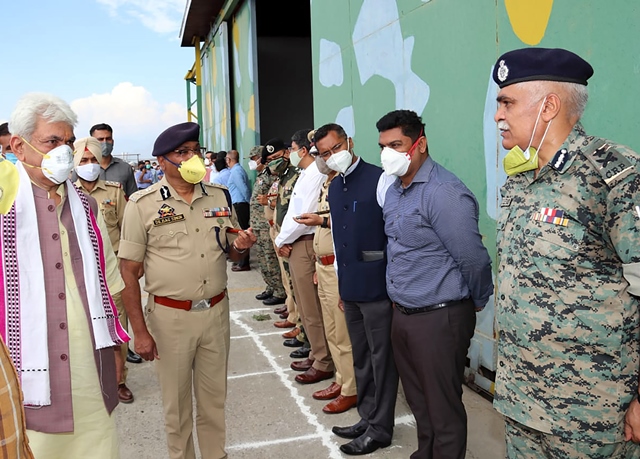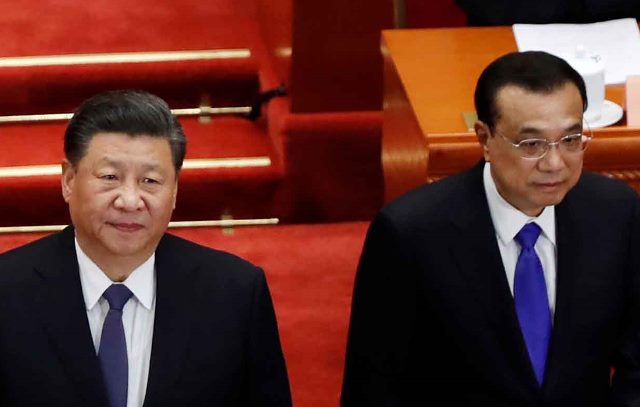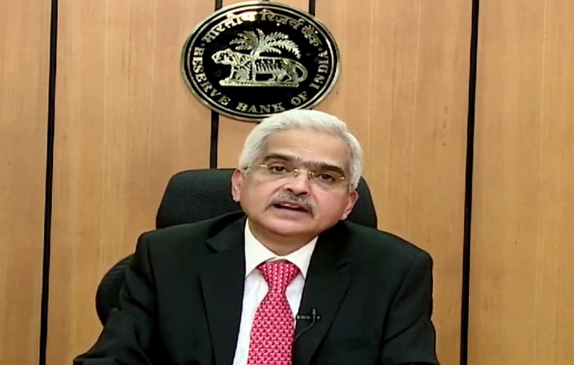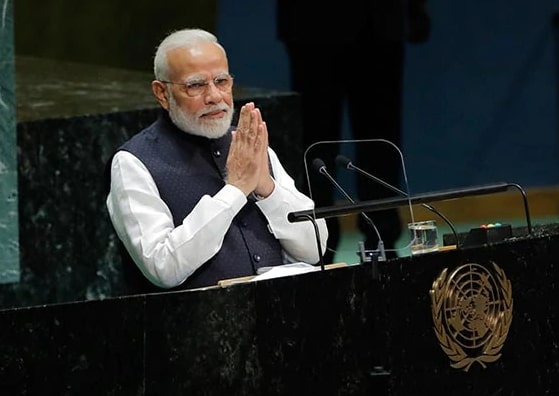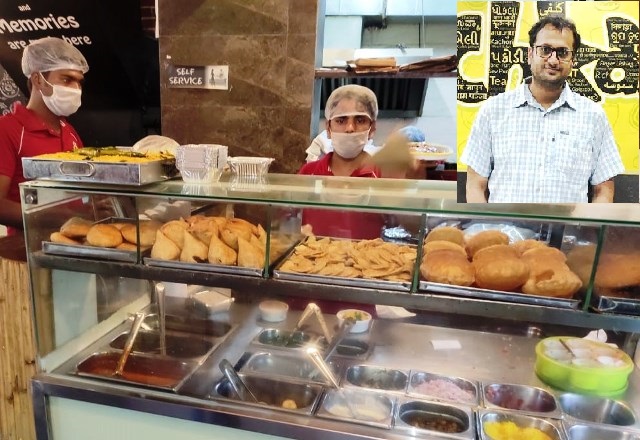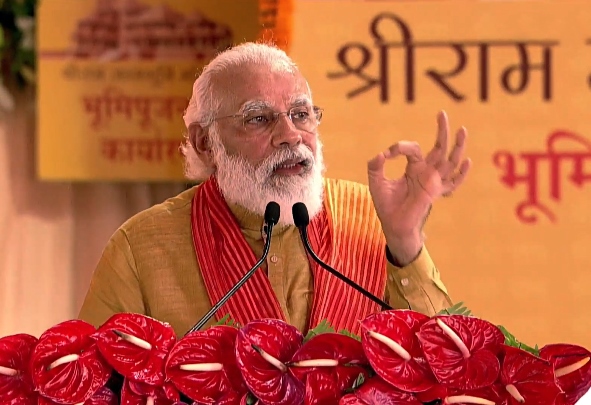Foremost in the
speeches of Indian leadership and diplomats as India occupies the chair of the
UN Security Council for a month as non-permanent member will be demands to
convert its status to a permanent veto holding power in future. It will be
Modi’s crowning glory if he achieves it in his term. India has been campaigning
since 1990s for UN
super five to become super five plus in the Security Council
India has made its
case for a seat as permanent member of UN on the strength of being a regional
superpower, a world economic power, the ‘biggest’ democracy, second highest
number of citizens (16% of world population), long civilization, tolerance,
diversity, compliance with UN treaties, commitment to multilateralism, newborn
interest on climate change and growing influence in the world. By any one’s
reckoning it is a deserving claim if the only long due change in UN was
expansion.
That the United
Nations needs to change is obvious. It is neither representative nor does it
deliver what it set out to do. It was formed by western countries after the
Second World War to ‘save succeeding generations from the scourge of war’. The
institution is divested to prevent wars between countries. Power and War have
both overtaken the era of nation State monopoly. The UN is out of depth in the
new world of Transnational Corporations (Amazon, Facebook, Shell etc), Global
Wars (Al Qaeda, ISIS) and internal conflicts.
Launched officially on
24th October 1945, the UN institutional structure was developed to maintain western
hegemony and award the victors of the Second World War with permanent control.
The USA, United Kingdom, France, the Soviet Union and China gave themselves
veto power in the Security Council, the organ of UN that essentially lords over
everything United Nations. Africa, Middle East and South Asia were completely
ignored so was the Latin world such as South America.
The rest of the world
has the General Assembly which can decide by simple or two third majority on a
number of matters including punitive changes to UN. But altering the Security
Council needs the veto holding members to finally say yea or nay. That is where
India’s main hurdle lies.
The pro-West Republic
of China, now exiled to the island of Taiwan, had the veto. But it was
overthrown by Communists in 1949 making mainland China the People’s Republic of
China. Within a short time and even before it became a world power, China
successfully moved the rest of the world against American wishes, to
replace Taipei (Taiwan) at the top table in 1971.
The 1970’s was a
decade of opportunity for India to have pushed for expansion of Security
Council. But Mrs Gandhi had already waged a war on Pakistan in 1971 making it
difficult for Islamic world to support it then. She then busied herself
becoming a dictator in India in 1976 losing the trust of western powers.
Moreover India was too close to the Soviet despite pretending to be ‘non
Aligned.
In the 1980s and 90s
India had waged war on Sikhs and Sri Lanka with disastrous outcome. It lost two
Prime Ministers. It didn’t quite give the impression of a responsible country
that could hold the peace within India let alone save the planet from scourge
of future war.
By the time India dusted
itself, gained the trust of both the west and Russia, China became a superpower
and now stands in its way saying ‘mei men
er’ (no way).
Furthermore India’s
game plan is somewhat unimaginative. India ticks all the boxes that make it a
‘most favourable’ salesperson for western ideological hegemony in upholding
status quo world order. The West and even Russia (at least verbally) would like
to see it in an expanded UN Security Council. China however is subtly seeking
to overhaul the current fundamental western liberal foundations of the United
Nations to one based on a pluralistic political thought.
Similar currents are
underway in other parts of the world. In Sub Saharan Africa there is a growing
search for an indigenous civilizational philosophy that is distinct from
influences of Islam or Christianity.
The Islamic world is
still going through a painful period of evolving a sustainable political system
that is representative of the people but distinct from western secularism. Iran
has shown that there is a viable Islamic democratic polity possible.
India on the other
hand has locked itself with the west. Simply reassigning secular Westphalian
ethno-nationalism to a mythic non-existent Hindu ethnicity does not make a
civilisation distinct.
India’s lack of constructive
originality is evident in its historic failure to lead the post-colonial world by
example out of the havoc colonialism created with ill thought out territorial
boundaries and disregarding of historic national communities.
The post-colonial
world is riddled with territorial disputes. India is at the front with
territorial conflicts with Pakistan and disputes with its other neighbours
including China.
Colonial boundaries
fragmented communities. ‘Peoples’ like the Somalis and Masai were split by arbitrary
map lines drawn during colonialism. Others were forcibly grafted onto States
without consultation. The Sikhs, Tamils, Kashmiris and Nagas among many feel
their nationalism has been suppressed by post-colonial States in which they
find themselves.
The Europeans can and
cannot be blamed for this. They came as exploitative conquerors and
colonialists not as ethical saviours or messiahs. It needed a mature and
creative leadership from one of the post-colonial States to propose a
resettlement of boundaries through dialogue and address hopes of historic
nations within with an original political system. That would have been a model
for other post-colonial States to have followed.
Instead India acted as
was predicted by some British politicians such as Churchill. Instead of drawing
wisdom from its civilization, it adopted the Westphalian nation state model, obsessed
with every inch of territory given to it by the British and forcing every minority
indigenous historic nation within to forego its aspirations and accept the
majority vision of a supra nation.
In contrast, the five
permanent members of the Security Council all have something original to offer.
Britain gave the world the parliamentary democratic system. The USA gave
separation of Church and State along with rule of law. France gave the world
human rights theory.
Russia (Soviet Union)
offered a communist alternative to western liberal democracy. China brings a
completely different civilization now increasingly being constructed around its
current political interpretation of Confucian thought.
It is not clear what
India would bring to the table. With minor variations, India has competitors in
Brazil, Germany, Japan and a few others. If it is to stake its claim as a
regional economic power then, North Africa and Sub Saharan Africa, Middle East
and South America are also contenders. The UN would need 10 permanent members
if not more.
However expanding the
UN isn’t going to make the world any more peaceful, resolve the issues that are
now out of UN’s depth or lead to a future free from scourge of war. India could
have won immense respect and world leadership had it led the post-colonial
period with solutions to the inevitable problems of territorial tensions and
internal disputes inherited from European rule.
India’s choices are
limited. It can appease China by sacrificing land to China and Pakistan. India
can join up with the west to push China into submission and accept Indian seat
at UN. Or it can bring some originality to world peace.
But as a risk averse
and conservative institution, the Indian Ministry of External Affairs (MEA) is
not known for imaginative leaps in international theory. India has been
competing for recognition in yester world of 1970s. The future of UN is being
changed by China, for better or for worse slowly eroding hegemony of western
political paradigm. The UN will metamorphose but not into what MEA has prepared
for.

